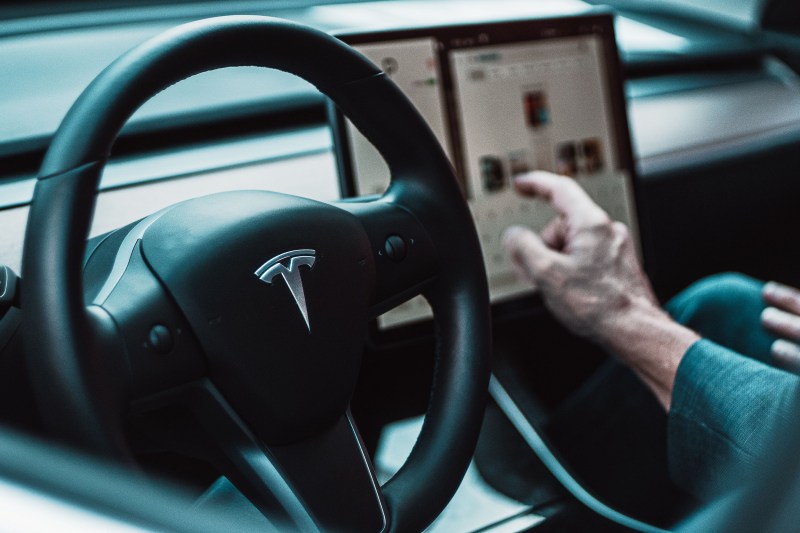
In a recall filed with the National Highway Traffic Safety Administration (NHTSA), Tesla is bringing back a total of 2,031,220 vehicles harking all the way back to 2012.
The issue relates to every car made with any version of Tesla’s Autosteer technology. In describing the defect, documents submitted to the NHTSA state:
“When Autosteer is engaged, it uses several controls to monitor that the driver is engaged in continuous and sustained responsibility for the vehicle’s operation as required. If the driver attempts to engage Autosteer when
conditions are not met for engagement, the feature will alert the driver it is unavailable through visual and audible alerts, and Autosteer will not engage. Likewise, if the driver operates Autosteer in conditions where its functionality may be limited or has become deteriorated due to environmental or other circumstances, the feature may warn the driver with visual and audible alerts, restrict speed, and/or instruct the driver to intervene immediately.”
The issue is that with Autosteer engaged, the driver may willingly or unwillingly misuse this driver-assistance feature. This can happen by the driver failing to actively maintain supervision of the vehicle and being unprepared to intercede if the system is operating at limited capacity or cancels out entirely, resulting in an increased risk of a crash.

The Tesla recall reaches all the way back to the 2012 Model S
This recall comes on the heels of a two-year investigation of Tesla’s Autopilot system, and it affects the following models and years:
- Tesla Model S – 2012-2023
- Tesla Model X – 2016-2023
- Tesla Model 3 – 2017-2023
- Tesla Model Y – 2020-2023
According to the recall, Tesla has offered up the following over-the-air solution:
“At no cost to customers, affected vehicles will receive an over-the-air software remedy, which is expected to begin deploying to certain affected vehicles on or shortly after December 12, 2023, with software version 2023.44.30. Remaining affected vehicles will receive an over-the-air software remedy at a later date. The remedy will incorporate additional controls and alerts to those already existing on affected vehicles to further encourage the driver to adhere to their continuous driving responsibility whenever Autosteer is engaged, which includes keeping their hands on the steering wheel and paying attention to the roadway. Depending on vehicle hardware, the additional controls will include, among others, increasing the prominence of visual alerts on the user interface, simplifying engagement and disengagement of Autosteer, additional checks upon engaging Autosteer and while using the feature outside controlled access highways and when approaching traffic controls, and eventual suspension from Autosteer use if the driver repeatedly fails to demonstrate continuous and sustained driving responsibility while the feature is engaged.”
To be clear, this is not the doomsday disaster anti-tech proponents worry about, and in all likelihood, it will just end up with more of what Tesla drivers call “Autopilot nag.” But, like most rules of the road, safety precautions are made to affect the many because of the irresponsibility of the few. So hopefully, this update will help keep everyone a little safer on the road, even those who aren’t actually driving.


